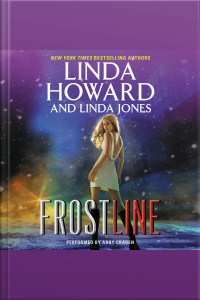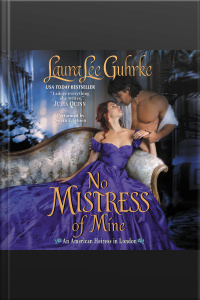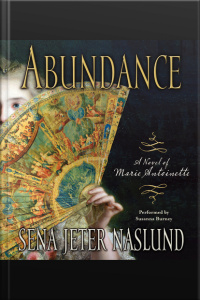We use cookies in our website, so that we can offer you an amazing experience. Would you like to know more about our
Privacy Policy ?
- Artes
- Self Development
- Health & Care
- Biographies
- Home
- Science
- Natural Sciences
- Human Sciences
- Classics
- Educational/Technical
- Enterprises & Businesses
- Erotic
- Esotericism
- Spirituality
- Sports
- Fiction
- Juvenile fiction
- Philosophy
- Free
- Games
- Gastronomy
- History & Geography
- Comics
- Comedy
- Children
- Legislations
- Literature
- Medicine
- Music
- Não Ficção Young Adult
- Non Fiction
- Non Juvenile Fiction
- Podcasts
- Policy
- Psychology
- Religion
- Saúde & Bem Estar
- Originals
- Young Adult
- Spanish
- English
- Other languages































